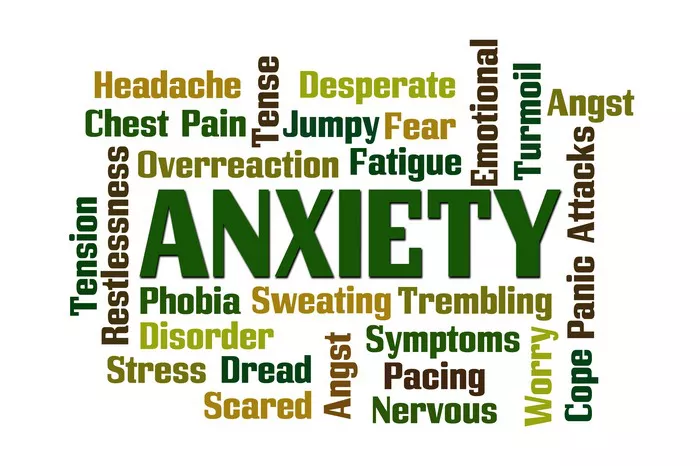With the rise of mental health apps and telehealth platforms, digital therapeutics are emerging as a powerful tool in managing anxiety disorders. A recent meta-analysis published in JAMA Psychiatry reviewed 35 clinical trials involving over 5,000 participants and found that digitally delivered cognitive behavioral therapy (CBT) was just as effective as in-person therapy for mild to moderate anxiety.
One standout innovation is the use of artificial intelligence (AI) in therapy apps. Woebot, a chatbot developed by psychologists at Stanford, uses natural language processing to deliver CBT techniques in real time. A 12-week study involving 500 users showed a 30% reduction in anxiety symptoms, comparable to traditional therapy outcomes. The app’s accessibility—available 24/7 without appointment delays—makes it particularly valuable for those in underserved areas.
Another promising development is virtual reality (VR) exposure therapy. Researchers at Oxford University tested a VR program for social anxiety disorder, where patients practiced public speaking in a simulated environment. Participants who underwent six VR sessions reported a 40% decrease in anxiety levels, with effects lasting up to six months. Unlike traditional exposure therapy, which relies on imagination or real-life scenarios, VR provides a controlled and customizable setting, reducing dropout rates.
Despite these advancements, challenges remain. Not all digital therapies are FDA-approved, and some lack rigorous scientific validation. Experts emphasize the need for standardized regulations to ensure efficacy and safety. Additionally, while digital tools can supplement treatment, they may not fully replace human therapists for severe cases.
The integration of digital therapeutics into mainstream mental health care is accelerating, especially as insurers begin covering these interventions. As technology evolves, these tools could revolutionize anxiety treatment by making it more accessible, affordable, and scalable.
You Might Be Interested In:
- Breakthrough in Genetic Research Links ADHD to Specific Neural Pathways
- Anxiety: Symptoms, Types, Causes, Prevention & Treatment
- Seasonal Affective Disorder: Symptoms, Causes & Treatments

